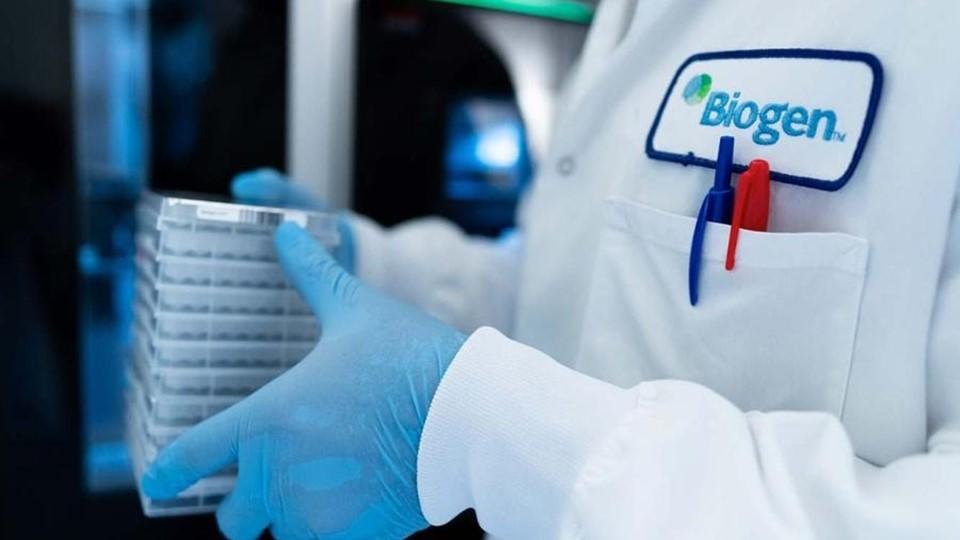First Tysabri biosimilar cleared by FDA for MS

Sandoz and Polpharma Biologics have become the first companies to get FDA approval for a biosimilar of Biogen's blockbuster multiple sclerosis therapy Tysabri, after overcoming a bid by Biogen to block the drug in June.
The FDA said the biosimilar, called Tyruko, has been approved to treat adults with relapsing forms of MS and active secondary progressive MS, as well as for certain patients with Crohn's disease, and is the first biosimilar cleared to treat MS patients in the US.
The regulator said there are no "clinically meaningful differences between the two products in terms of safety, purity, and potency." It is the first to approve the biosimilar - although, Tyruko was recommended for approval by EMA advisors in the EU recently and could get the go-ahead there very shortly.
Sandoz and Polpharma Biologics did not immediately reveal their launch or pricing plans, but the National MS Society said it expected the drug to be made available in the first half of 2024.
Biogen has previously told investors that a biosimilar may be introduced on approval in the US. The main patents on Tysabri (natalizumab) expired in the US and Europe in February; although, various use patents claim protection until 2027 and are still in dispute.
The green light from the FDA puts further pressure on Biogen, currently grappling with weaker sales of its MS products, pipeline setbacks, and misfired launches that have forced it to slash staff and seek various deals to boost its product range and pipeline.
Tysabri is Biogen's top-selling product, with sales of $956 million in the first half of this year – $505 million of that in the US – but is already in decline due to rising competition in the MS marketplace, falling around 8% compared to the same period of 2022.
Adding to Biogen's challenges is that its other MS blockbuster Tecfidera (dimethyl glutamate) is also being hit hard by generic competition, with sales falling to $523 million in the first half compared to $808 million a year ago, while follow-up Vumerity (diroximel fumarate) has seen its growth stall.
Polpharma Biologics said that Tysabri has the same intravenous dosage form, route of administration, dosing regimen, and presentation as Tysabri.
Biogen has been attempting to defend its franchise with a subcutaneous formulation, given once at the same once-monthly frequency, which was approved in the EU and UK last year, but has been turned down by the FDA, with no news yet on an attempt to refile.
Sandoz – which is due to spin out from parent Novartis later this year – has pointed to Tyruko as one of its key growth drivers as an independent company.












